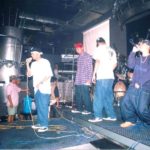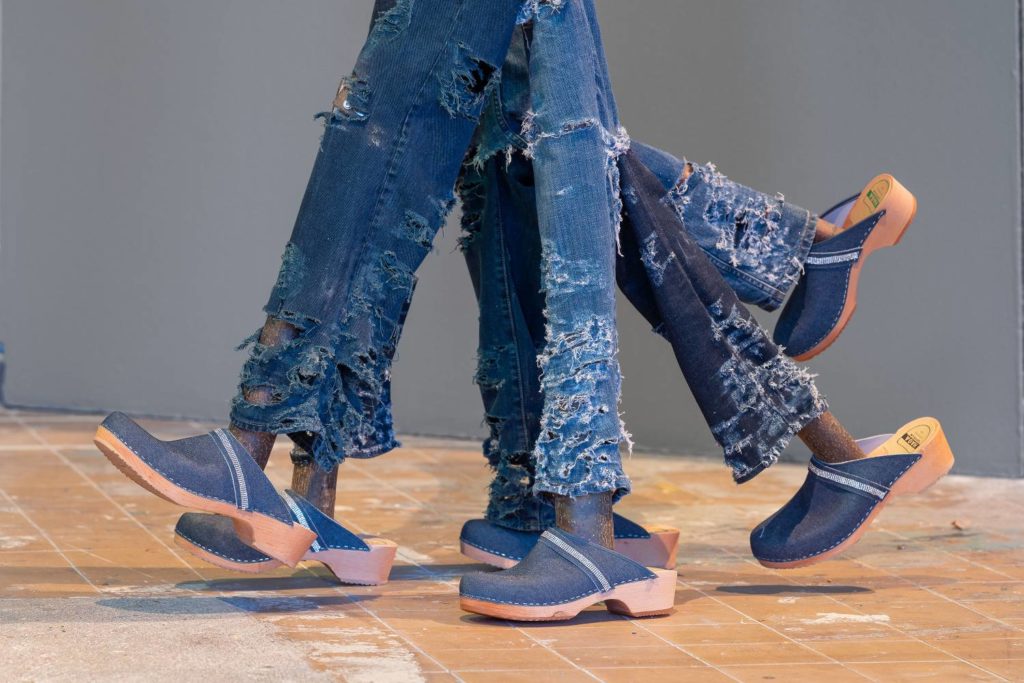Terminal 3
2019 - Film & Video (Film & Video)
35:35 minutes
He Xiangyu
He Xiangyu’s Terminal 3 presents excerpts from the lives of young African acrobats attending the Hebei Wuqiao Acrobatic Arts School in China. Acrobatics, which had a rich history as a court display in imperial China, is now integral to the cultural industries and tourism sector in Wuqiao, continuing a legacy of expending bodies for monetary gain. From 2016 to 2019, He intermittently went to Wuqiao Acrobatics School in Hebei Province to record the daily lives of the students who study a variety of acrobatic skills during their year-long program. Most of these students are 14-20 years old, from Ethiopia or Sierra Leone, and hope to participate in the circus in Europe or teach acrobatics in their homelands. At the school, Muslim and Christian students live in the same dormitory, sharing this space as their common prayer room to enshrine their Allah and God. African Muslim students also go to small local mosques regularly to perform Salah with local Chinese Muslims. Immersed in near solitude, only daily physical training and prayers set boundaries in body and spirit, as well as space and time, which become homogeneous and infinite. In this context, the school is like a factory: importing talent, contorting student bodies into more profitable forms, and then exploiting them. He’s video exposes a profound sense of rootlessness—amongst the movements of globalization, capitalism, individual identity, and the cultural past become burdensome, and ultimately disposable. These young African students, semi-willingly put under the constant pressure of being remolded, ground their realities in the monotonous cycle of training and praying, which appears to reify their bodies and—more importantly—their identities.
Having grown up in China during a period of rapid urbanization and social change, He Xiangyu is especially attentive to the mutability of things and environments. His art practice could be seen as a proving ground or a laboratory of materials and concepts, in which he investigates and engages with a variety of personal, social, and political subjects. While his earlier projects often framed the material changes of objects as analogies for social phenomena, his recent work takes a more documentary and sometimes biographical approach to focus on marginalized communities and histories in the process of his home country’s grand march forward. His films and video installations have featured stories from North Korean defectors who live in hiding along the Chinese border, to students who came from African countries to study acrobatics in Hebei Province.
Colors:
Related works sharing similar palette
» see more

© » ARTS EQUATOR
Weekly Southeast Asia Radar: Burmese hip hop, and queer Vietnamese singer Tuimi | ArtsEquator Thinking and Talking about Arts and Culture in Southeast Asia Articles Via Myanmar Times August 28, 2019 ArtsEquator’s Southeast Asia Radar features articles and posts about arts and culture in Southeast Asia, drawn from local and regional websites and publications – aggregated content from outside sources, so we are exposed to a multitude of voices in the region...

© » KADIST
Randa Maddah
2017Shot from the rooftop of her house in Majdal Shams, through a complex construction of moving mirrors, this video connects both sides of the border which has cut through Syrian Golan heights since the 1967 Six-Day war...

© » KADIST
Amapola Prada
2013n the opening scene of the video Power (La Fuerza) we see a mature woman asleep in a dark room...

© » FLASH ART
Twilight Oddities, Real Nightmares, Queer Errands, and Other Daydreams: The Gothenburg Biennial | | Flash Art Flash Art uses cookies strictly necessary for the proper functioning of the website, for its legitimate interest to enhance your online experience and to enable or facilitate communication by electronic means...
Related works found in the same semantic group
» see more

© » KADIST
Zai Kuning
2014Concerned with the early history of Singapore, Zai Kuning spent many years living with and researching the history of the Riau peoples who were the first inhabitants of Singapore...



